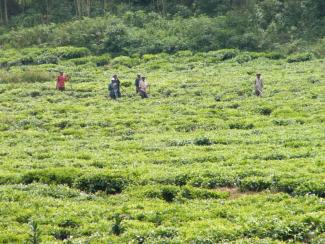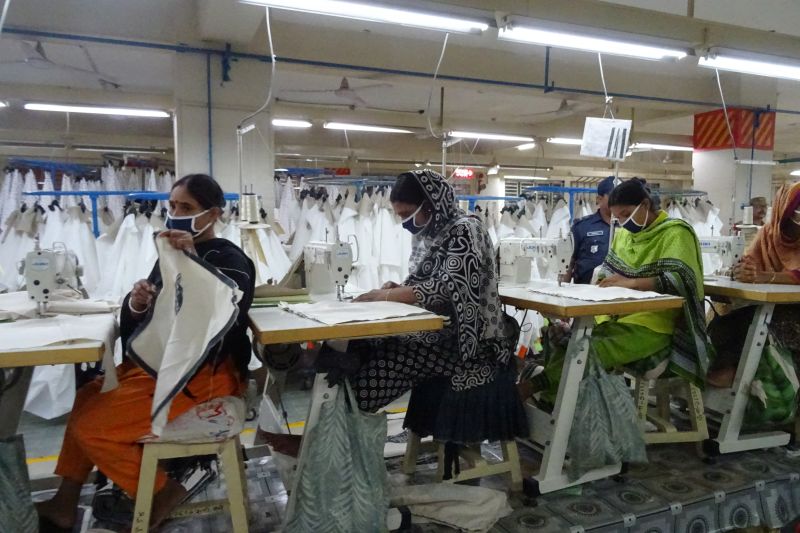Alliance 90/The Green Party
Venturing more sustainability

After Brexit, Trump and Co., there must be no more setbacks in the fight for a fairer world. The key lies in closer multilateral cooperation on trade, taxation and agriculture as well as in the fight against climate change. The Agenda 2030 and the Paris climate agreement still offer the chance of making a breakthrough on climate-change mitigation and global justice.
Despite the progress made on reducing poverty, the UN reports that there are still around 800 million people living in extreme poverty or suffering hunger. Nearly half of the world’s active population works under inhumane conditions. More than 65 million people have fled from poverty, armed conflict or the effects of the climate crisis. Moreover, the gap between rich and poor keeps widening.
The scale of the challenges shows that Germany needs to press forward with solutions to those issues. At present, however, Germany is less a problem-solver than a part of the problem itself. It is one of the biggest per capita consumers of meat and textiles, a leader in coal-based power generation and the country with the greatest social inequality in the eurozone. And those are not purely national problems. German exports, economic growth and consumption give rise to overexploitation of natural resources, poverty and bleak futures elsewhere.
So we need to put our own house in order first. And that means that the Federal Government finally needs to deliver on the nearly 50-year-old pledge to earmark 0.7 % of gross national income for development on a long-term basis – without resorting to the questionable practices of including refugee costs and double-counting climate funds. Above all, we need to change global structures so countries of the global South get a fair chance to develop.
First up, we need a fair trade and investment policy and an end to exploitation in global supply chains. The European Union’s economic partnership agreements with Africa (EPAs) need to be scrapped and renegotiated to promote sustainable development. We also need statutory human-rights due diligence obligations for companies, full transparency along supply chains and sanctions for human-rights violations.
The global architecture of taxation and financial markets must serve the common good. Developing countries lose far more money as a result of tax avoidance than they receive in official development assistance (ODA). Rules are thus needed to prevent capital illegally or illegitimately flowing north from the global South. Tax loopholes have to be closed, and binding international rules must be established to put paid to the tax avoidance tactics used by companies.
We need a fundamental change with regard to our agriculture. Intensive farming must no longer be subsidised. European overproduction is flooding markets in the countries of the global South and making poverty there worse. At the same time, the system mars the prospects of farms in Germany. So, instead of subsidising factory farming, we need to support small-scale agriculture.
Last but not least, the impacts of climate change are now more noticeable than ever – especially for the poorest in the global South. Climate protection and biodiversity need to figure prominently in international cooperation. That will require a determined shift in emphasis towards renewable sources of energy – both in public and public-private investment. Sustainable development can only be assured if we make economical use of resources and take effective action to mitigate climate change.
Uwe Kekeritz is the development-policy spokesman of the Alliance 90/The Greens parliamentary group.
uwe.kekeritz@bundestag.de
Link
Kekeritz, U. et al., 2017: Grün. Global. Gerecht. Eckpunkte einer nachhaltigen Entwicklungspolitik (in German only).
http://www.uwe-kekeritz.de/wp-content/uploads/2017/06/Gr%C3%BCn.-Global.-Gerecht._A5-Corporate-Design.pdf









